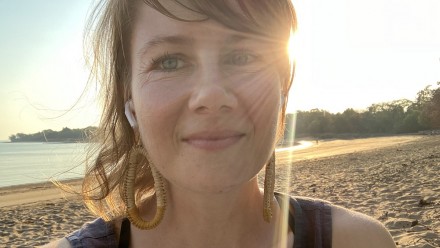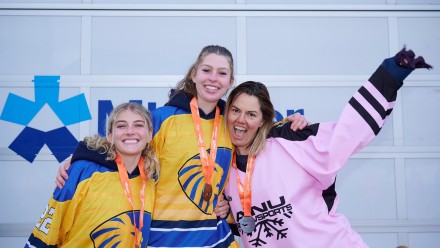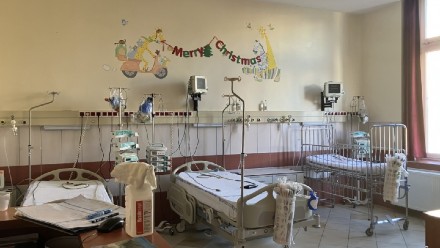International Elective: Semmelweis University, Hungary
By Catherine Moore
It was Monday, 2 January, 7:00am on a cold winters morning in Budapest, and as the streetlamps began to flicker off and the residents began to move around in their homes I set out to the Children’s hospital in the middle of the city where I would spend the next four weeks exploring medicine with a different culture, different system and different language.
It was an exhausting first week, the most challenging moments were mustering up enough courage to ask the questions and place myself within the team, offer my help and be fully present. For me it was mostly due to the constant usage of a language I had a) not been practicing and b) did not know the medical jargon or vocabulary necessary for in depth comprehension.
I joined the Semmelweis University’s English speaking program of normal Paediatric rotations for their final year students. The doctors who supervise these students are all fluent in English however, as previously mentioned, I chose to converse in Hungarian because this was the language of the medical system, the handover, the ward round, the patients and all general conversation so for me to integrate I felt it was both required and appreciated. I had four weeks in total and so rotated every week into a different department or ward. Beginning in ICU, then to general Oncology, Gastroenterology and Day Stay Oncology/Haematology.
Apart from general ward rounds, handovers, consults and various clinical procedures in each ward I also attended sixth year bedside teaching and lectures, mock research presentations in preparation for an upcoming conference, a day of surgery, multiple bone marrow biopsies and lumbar punctures, larger hospital meetings and journeyed out to a children’s hospice called Tabitha House in the outer region of Budapest.
There are many things that I learned, and all of them cannot be written down in a textbook or on a page on a website. To be there, listening to patients and health care workers, understanding the advantages and limitations of a very different health system and experiencing it first hand was invaluable. My elective has enabled me to be utterly grateful for the education and training that Australia provides as well as the reliability and accountability of the system in which I hope to work, but it has also opened my eyes to the world as a whole and to the broader experiences of humanity. Bringing, I believe, a sense of depth and maturity to the way I hope to be able to communicate to my own patients in the future.
I walk away from this, having reached a profound understanding of how I wish to practice medicine, in a space where I am needed. The children’s hospice was a uniquely saddening experiencing, however it reminded me of the importance of purpose and opportunity. To think of the time we have now rather than what we may not have in the future.














